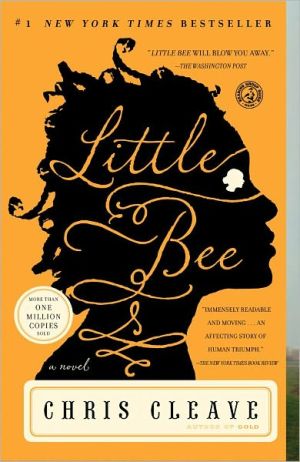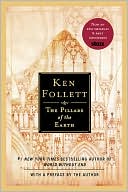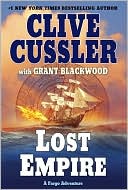I Hotel
2010 National Book Award Finalist\ 2010-2011 Asian/Pacific American Library Association (APALA) Book Award Winner in Adult Fiction\ 2010 California Book Award Winner\ Dazzling and ambitious, this hip, multi-voiced fusion of prose, playwriting, graphic art, and philosophy spins an epic tale of America’s struggle for civil rights as it played out in San Francisco’s Chinatown. Divided into ten novellas, one for each year, I Hotel begins in 1968, when Martin Luther King and Bobby Kennedy were...
Search in google:
A tour de force through America's most transformative decade.The Washington Post - Marcela Valdes…I Hotel is no ordinary work of fiction. As original as it is political, as hilarious as it is heartbreaking, I Hotel is the result of a decade of research and writing that included more than 150 personal interviews…In the end, the way I Hotel accounts for the Asian American movement is both sweet and sour. And for all the losses Yamashita records, there are, we know, great achievements as well. High among them is this beautiful book.
\ Publishers WeeklyStarred Review. \ In Yamashita's latest, she strings together a stunningly complete vision of San Francisco's Asian American community in the late 1960s and early '70s, using the titular inn as a meeting point for ten loosely-connected novellas, each covering a single year. Focusing on the struggle for equality and peace as it involved this particular community, Yamashita's work also incorporates a broad view of the Asian and Asian American experiences, from Japanese internment camps to the Marcos dictatorship. Yamashita accomplishes a dynamic feat of mimesis by throwing together achingly personal stories of lovers, old men, and orphaned children; able synopses of historical events and social upheaval; and public figures like Lenin and Malcolm X (Yamashita's opening line: "So I'm Water Cronkite, dig?"). Despite its experimental and fictionalized nature, the novel reads more like a patchwork oral history, determined to relate the facts of its setting and, more importantly, the feelings of it; with varied commingling of voices and formats (stream-of-consciousness, slangy first person, quotes, dossiers, academic papers, even written-out choreography), the narrative reads like a collection of primary sources. Though it isn't for everyone, this powerful, deeply felt, and impeccably researched fiction is irresistibly evocative and overwhelming in every sense. 30 b&w photos and illus.\ Copyright © Reed Business Information, a division of Reed Elsevier Inc. All rights reserved.\ \ \ \ \ \ Kirkus ReviewsAn overstuffed, multiform swirl of a novel about a decade in the life of San Francisco's Chinatown and, by extension, the Asian experience in America.\ Yamashita (Circle K Cycles, 2001, etc.) blends prose, theater and art into this set of related novellas centered on a shabby residential hotel. The story opens on the Lunar New Year of 1968. Says her narrator, "Now we know the Vietnamese call it Tet, but the Chinese own it: New Year, they call it," a time in Vietnam as in Chinatown of explosions, bright lights and revolutionary fervor. Vietnam haunts young Paul, who worries about dying there even as he prepares for his father's funeral; by Chinese reckoning, he is too young to take his place at the head of the family, but not to be swept up into a faraway conflict. Paul take his cues from Chen, a Mao- and Gertrude Stein–quoting collector of postcards, and from alternative journalist Edmund, who covers the foment over whether to establish an ethnic-studies program at the university and declare Chinese New Year a holiday in the local school system. The '60s shade into the '70s, and Yamashita's prose gives way to blocks of play-like dialogue complete with set directions ("Raucous laughter. sound of James Brown: "Like a Sex Machine"), as new characters come onto the stage that is the I Hotel, representing many ethnicities: a Filipino American farm workers' union activist; a Japanese American organizer who turns a sweatshop into the I-Hotel Cooperative Garment Factory, its machines "whirring with industry and purpose"; a burly Samoan who escapes being busted for illegally fishing by telling a warden, "See this tattoo?...This is my hunting license." Elements of the picaresque and the satirical play against passages that are almost documentary as the characters struggle to keep the hotel from being gentrified—and to keep the revolution alive in a time when just about everyone seems tired of politics.\ With delightful plays of voice and structure, this is literary fiction at an adventurous, experimental high point.\ \ \ \ Marcela Valdes…I Hotel is no ordinary work of fiction. As original as it is political, as hilarious as it is heartbreaking, I Hotel is the result of a decade of research and writing that included more than 150 personal interviews…In the end, the way I Hotel accounts for the Asian American movement is both sweet and sour. And for all the losses Yamashita records, there are, we know, great achievements as well. High among them is this beautiful book.\ —The Washington Post\ \








